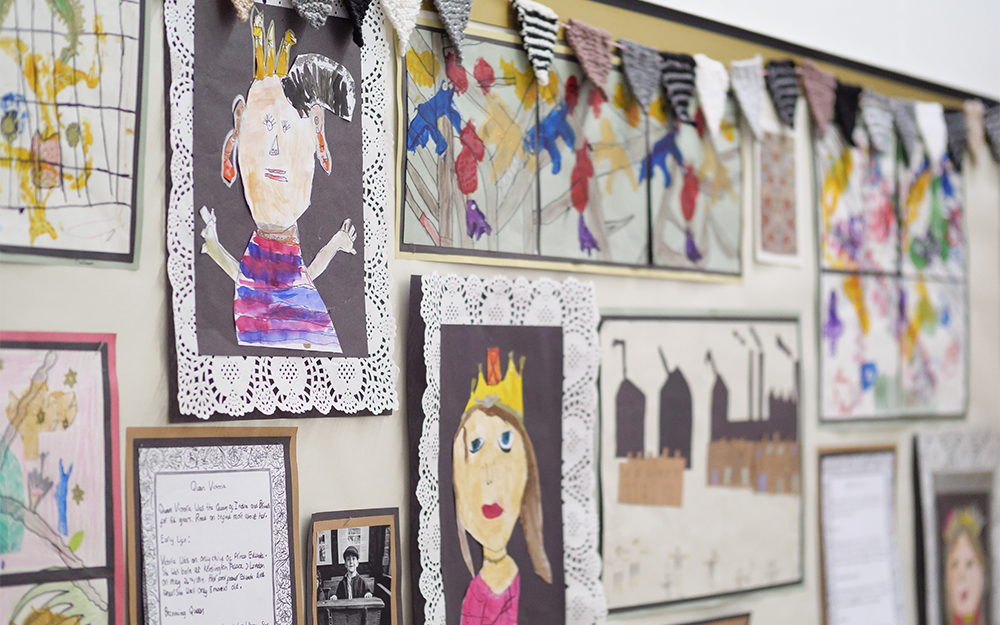The case for an immediate pause and reset in school inspection
By Blog Editor, IOE Digital, on 24 November 2023

Credit: Ashok Sinha / Adobe.
Alice Bradbury and Jane Perryman.
The current Ofsted inspection system for schools has generated such a level of mistrust, even perceptions of ‘toxicity’, that it needs extensive reform, and to be paused immediately while an alternative system is developed. This is the overarching conclusion of the Beyond Ofsted Inquiry, for which we provided the research.
We have spent several months collecting data from teachers, school leaders, parents, governors and key policymakers about the impact of Ofsted and options for reform, through a survey and series of focus groups. Based on this feedback and a review of the wider evidence base, the inquiry report proposes (more…)
 Close
Close








 School leadership took on new importance
School leadership took on new importance